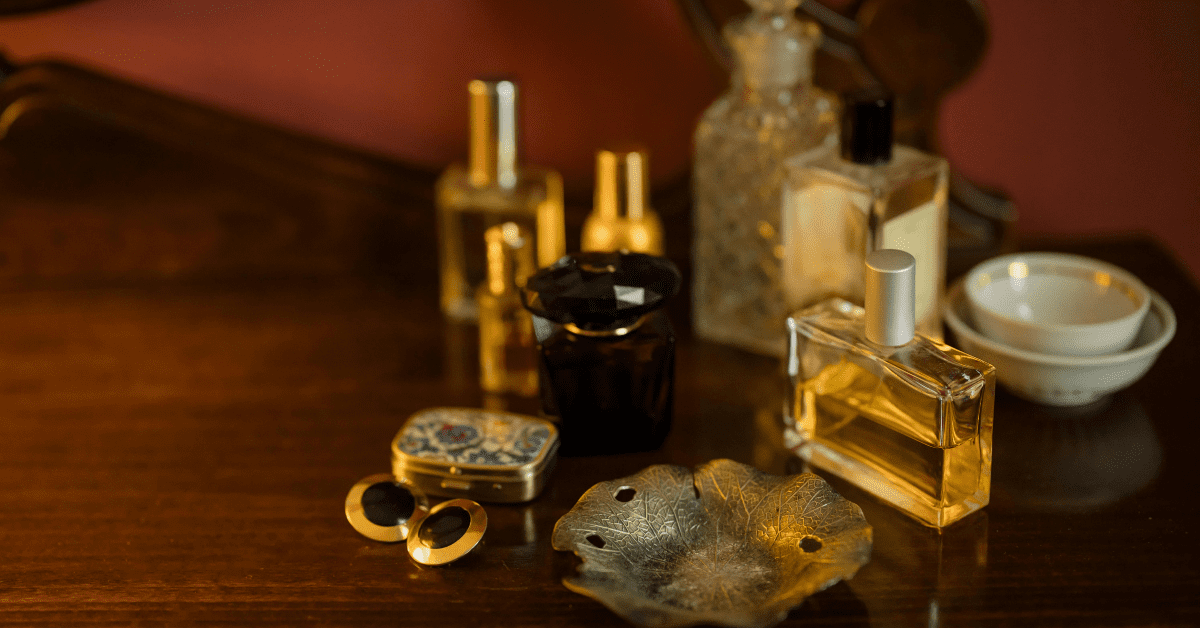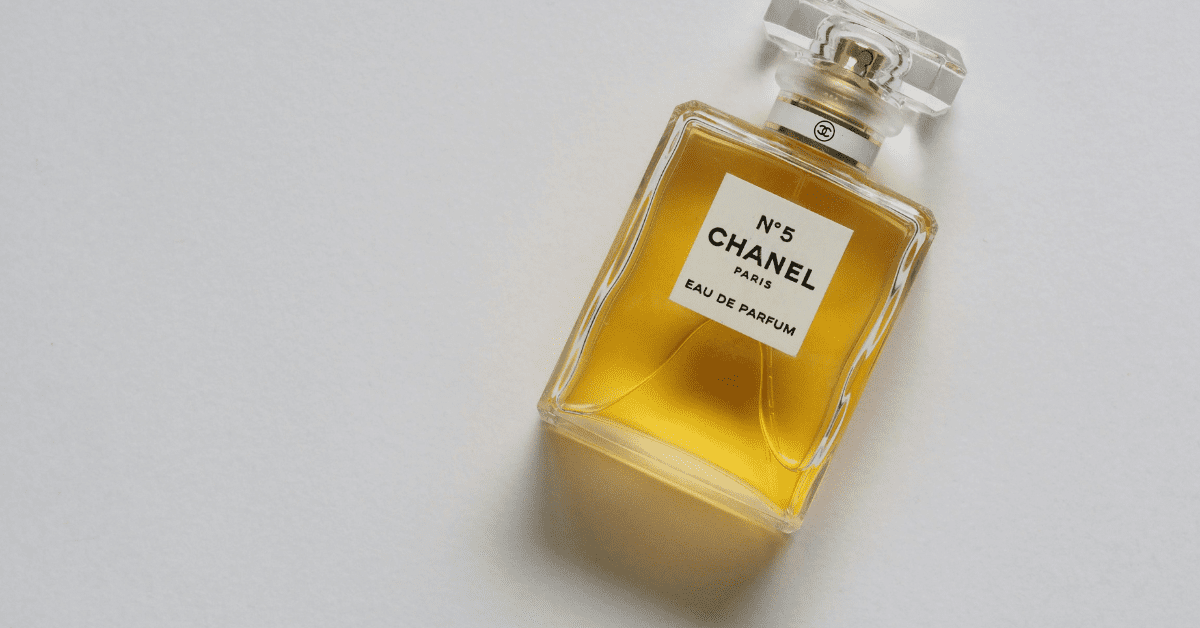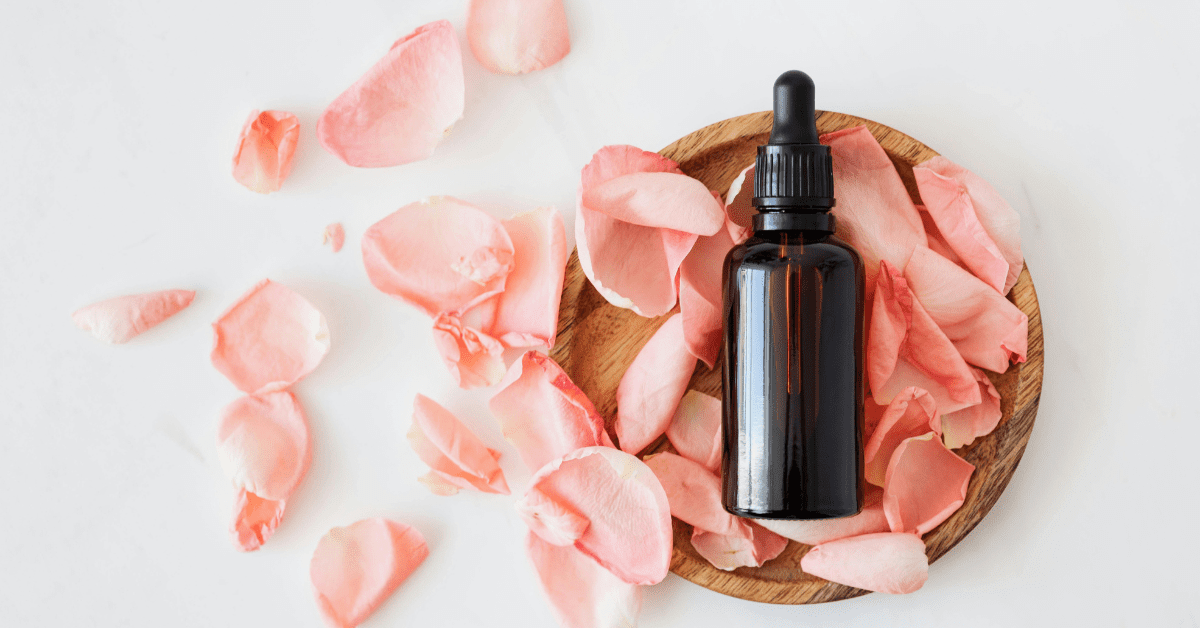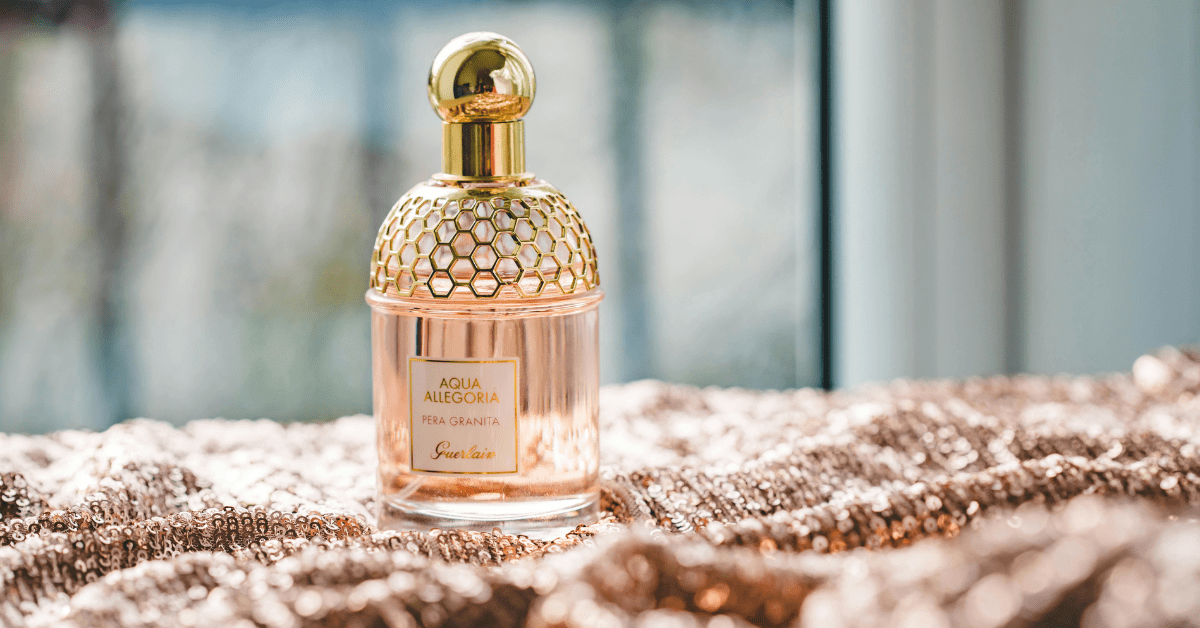Do Perfumes Smell Different on Everyone? Here’s What To Know
Have you ever loved the way a perfume smelled on someone else, only to find it smells completely different on you? You’re not imagining things. Perfumes do smell different on everyone, and there’s science behind why this happens. From your body chemistry to environmental factors, many elements contribute to the unique way a scent interacts [...] Read More... from Do Perfumes Smell Different on Everyone? Here’s What To Know The post Do Perfumes Smell Different on Everyone? Here’s What To Know appeared first on LOVEBSCOTT.


Have you ever loved the way a perfume smelled on someone else, only to find it smells completely different on you? You’re not imagining things. Perfumes do smell different on everyone, and there’s science behind why this happens. From your body chemistry to environmental factors, many elements contribute to the unique way a scent interacts with your skin.
How Perfumes Interact With Your Body

Spraying perfume doesn’t exist in isolation — it interacts with your skin’s natural chemistry. This interaction alters how the scent develops, creating a personalized fragrance experience.
One key factor in this process is skin pH, which measures whether your skin is more acidic or alkaline. Fragrance molecules react differently depending on your skin’s pH level. For example, oily skin, which tends to be slightly more acidic, can amplify a perfume’s warmer and richer notes, making the scent last longer. On the other hand, dry skin often lacks the oils needed to hold onto fragrance, causing the scent to evaporate faster and smell lighter or more muted.
Skin temperature is another important element. Perfumes develop more fully in warmer areas of the body, so pulse points — like your wrists, neck, and behind your ears — are ideal places to apply fragrance. These areas generate heat that helps the scent diffuse.
The Role of Body Chemistry
Your body’s natural chemistry is unique to you and plays a significant role in how perfumes smell. Body chemistry includes a combination of hormones, pheromones, and natural oils, all of which influence how fragrance molecules react with your skin. For example, someone with a higher concentration of pheromones might find that specific notes, like musk or spice, are more pronounced on their skin. Conversely, someone with a more neutral scent profile might notice that floral or citrus notes shine through.
Diet also has a surprising impact on body chemistry. If you frequently eat spicy foods, garlic, or onions, your body may emit a slightly different scent, affecting how a perfume smells. Similarly, hydration levels can impact how well your skin retains fragrance — hydrated skin retains scents longer, while dehydrated skin might cause it to fade quickly.
Environmental Factors Matter Too

The environment you’re in can also affect how a perfume smells. Heat and humidity amplify fragrance intensity, while cold weather can dampen specific notes, causing the scent to feel less pronounced.
How you apply perfume can also make a difference. Applying fragrance directly to your skin allows it to mix with your natural oils, creating a more personalized scent. Spraying perfume on clothes, however, bypasses this interaction, resulting in a scent closer to how it smells in the bottle.
Storage is another environmental consideration. Perfumes exposed to sunlight or fluctuating temperatures can degrade over time, altering their scent. Keeping your fragrance in a cool, dark place will help maintain its original composition.
Finding the Right Perfume
Because perfumes smell different on everyone, finding the right fragrance is a personal journey. What smells amazing on a friend might not suit you, and that’s perfectly normal.
When shopping for a new scent, always test the perfume directly on your skin instead of relying on paper strips. After applying it, give the fragrance time to develop. Perfumes have three layers: top notes, middle notes, and base notes. While top notes are what you smell immediately, base notes are the most lasting and can take hours to fully reveal themselves.
It’s also helpful to consider your skin type and lifestyle. If you have dry skin, consider using a fragrance primer or moisturizer before applying perfume to help the scent last longer. If you live in a hot, humid climate, lighter fragrances with citrus or aquatic notes may work better than heavy, musky scents.

Yes, perfumes do smell different on everyone. The unique combination of body chemistry, skin type, and environmental factors creates a personalized fragrance experience.
What’s even more exciting is how the fragrance industry is evolving to become more inclusive. Many brands are creating gender-neutral scents that break away from traditional masculine and feminine fragrance categories.
So take your time, experiment, and embrace the process of finding a fragrance that’s uniquely you.
What are some of your favorite fragrances? Let’s discuss in the comment section below.
The post Do Perfumes Smell Different on Everyone? Here’s What To Know appeared first on LOVEBSCOTT.












